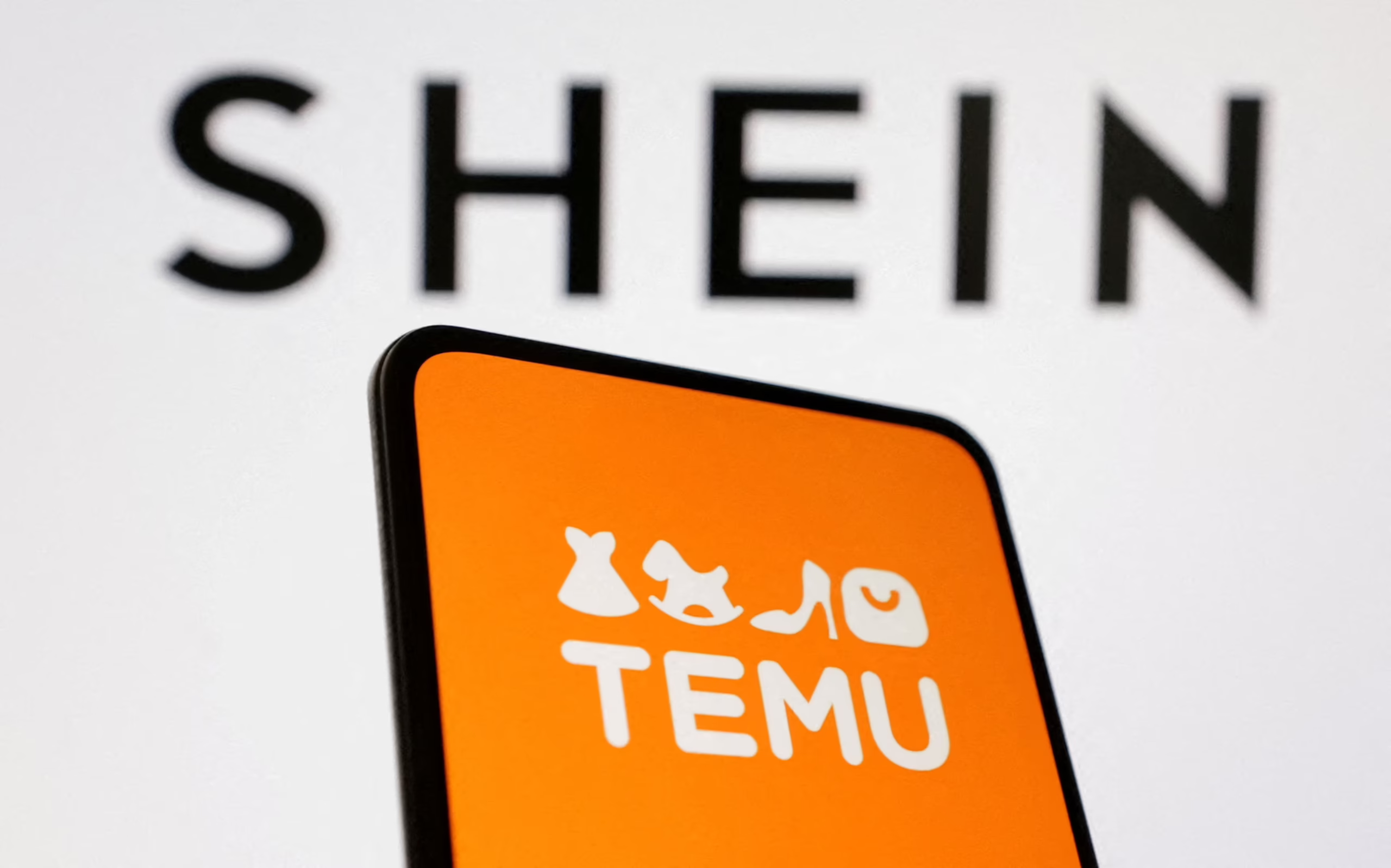Two of the fastest-growing e-commerce platforms in the U.S., Temu and Shein, have announced plans to raise prices for American customers starting April 25. The move follows a sweeping trade policy shift led by President Donald Trump, aimed at tackling the U.S.-China trade imbalance by imposing steep new tariffs on goods shipped from China.
Temu, a platform owned by China-based PDD Holdings, and Shein, which now operates out of Singapore, issued near-identical statements this week warning of upcoming “price adjustments” driven by changing trade dynamics.
“Our operating expenses have gone up ‘due to recent changes in global trade rules and tariffs,’” both companies said. They did not disclose how much prices would increase or explain why their statements were so closely worded.
Temu and Shein rose to prominence in the U.S. by offering ultra-low prices on a wide variety of products — from fast fashion and cosmetics to electronics and quirky household goods — often supported by massive digital ad campaigns and social media influencer partnerships.
But the business model that allowed them to undercut American retailers is facing fresh pressure. Earlier this month, Trump signed an executive order eliminating a long-standing customs exemption that allowed goods worth less than $800 to enter the U.S. duty-free. This “de minimis provision,” heavily used by e-commerce firms shipping from China and Hong Kong, will officially end on May 2.
Starting then, those products will be hit with a 145% import tax, a rate that experts say could reshape online shopping in the U.S. virtually overnight.
The change will affect millions of packages — as many as 4 million low-value parcels arrive in the U.S. daily, the vast majority from China. Critics, including lawmakers, trade groups, and law enforcement officials, have long argued that the de minimis rule gave foreign sellers an unfair price advantage while enabling counterfeit goods and illicit substances to slip into the country undetected.
Temu and Shein have taken note. “We’ve stocked up and stand ready to make sure your orders arrive smoothly during this time,” Temu said in its customer notice. “We’re doing everything we can to keep prices low and minimize the impact on you.”
While Shein primarily targets young women with trendy, budget-friendly fashion and beauty items, Temu casts a wider net, offering everything from kitchen gadgets to novelty gifts. Both companies were top spenders on U.S. social media platforms last year, but recent data from analytics firm Sensor Tower shows they have significantly reduced ad spending in recent weeks.
That slowdown could ripple out to platforms like Facebook, Instagram, TikTok, and Snap, which depend heavily on ad revenue from e-commerce giants.
Adding to the competitive pressure, Amazon launched its own low-cost storefront in November, featuring electronics, apparel, and other items priced under $20 — many similar in style and type to those found on Temu and Shein.
In the meantime, both Chinese-founded platforms are urging shoppers to make the most of their current low prices before tariffs take full effect.






